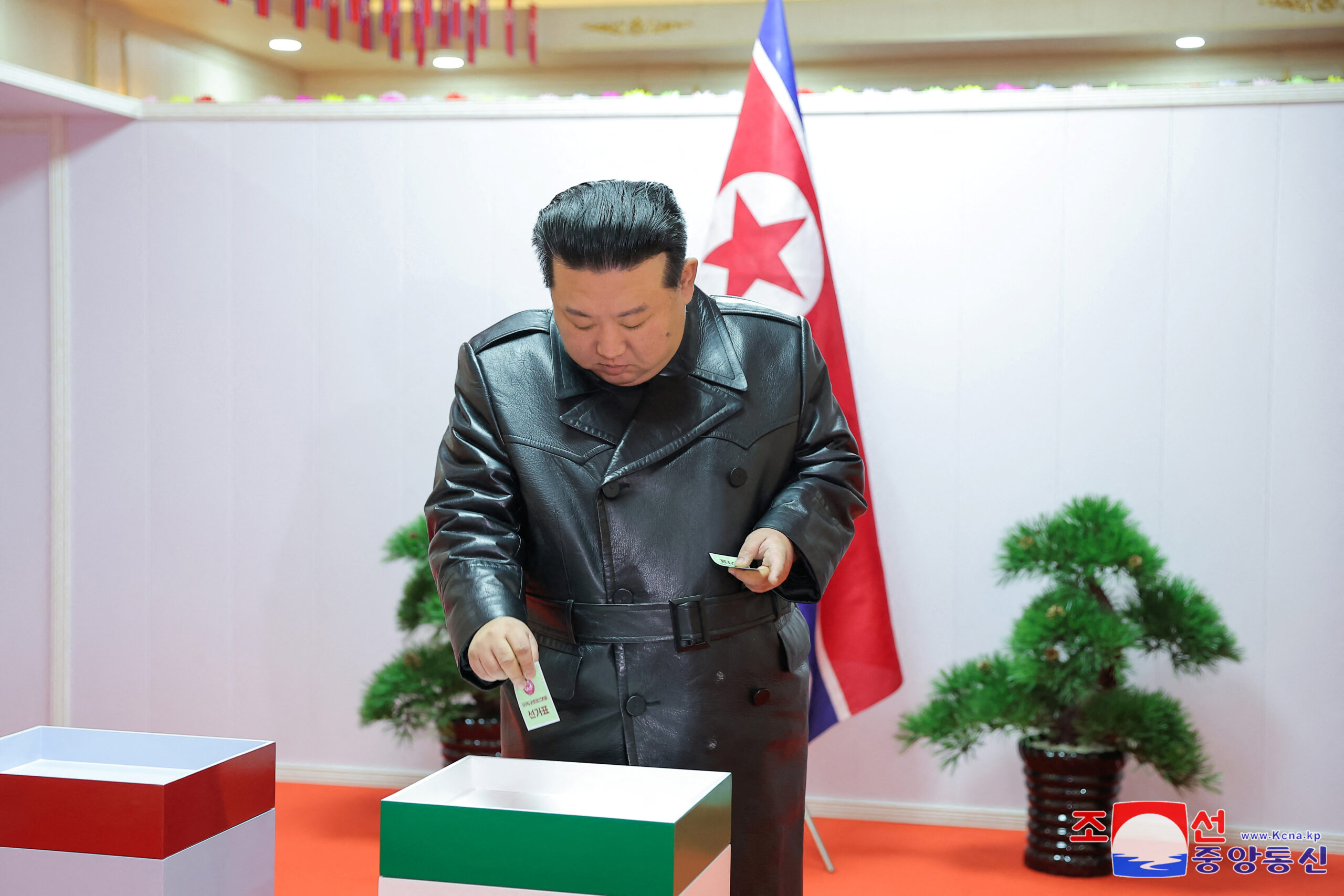Is there a secret to longevity? This health expert says 1,000% yes
In the era of social media, post-COVID, and with mental health at the forefront, a shift is taking […]

In a surprising move on Tuesday, North Korea announced that there were dissenting votes against candidates for local assembly deputies in the recent local elections, marking the first instance in decades that the repressive regime has acknowledged opposing votes in its elections.
According to the official Korean Central News Agency (KCNA), a total of 27,858 workers, farmers, intellectuals, and officials were elected as new deputies for local assemblies in provinces, cities, and counties during the local elections on Sunday. The voter turnout was reported at 99.63%.
The KCNA stated that among the voters, 99.91% supported the candidates for provincial people’s assemblies, while 0.09% voted against them. In the case of deputies to city and county assemblies, 99.87% voted for the selected candidates, and 0.13% voted against them.
This marks the first time since November 1956 that North Korea’s state media has reported opposing votes in local elections, breaking from the tradition of near-unanimous approval rates. In North Korea, elections are often seen as mere formalities, with candidates chosen by the ruling Workers’ Party guaranteed approval.
The rare disclosure of opposing votes in the recent local elections could be an attempt by North Korea to portray a democratic process following revisions to the election law. Pyongyang allowed two candidates to be recommended in some areas, conducting a preliminary election to determine a final single candidate.
Despite this, the South Korean unification ministry cautioned that North Korea’s acknowledgment of opposing votes does not necessarily indicate a guarantee of people’s political rights. The ministry expressed concern over the visibility of voting choices, as North Korea employed two distinct-coloured ballot boxes for approval and disapproval, potentially compromising the principle of secret voting.
The ministry suggested that the move might be a way for North Korea to showcase citizen participation. Regarding the decrease in voter turnout compared to four years earlier, the official speculated that North Korea may have manipulated the figures to create the impression of free and competitive elections.
A report from the Korea Institute for National Unification suggested that the decline in voter turnout could signify a weakening of North Korea’s control over its citizens, with more individuals evading state supervision.

In the era of social media, post-COVID, and with mental health at the forefront, a shift is taking […]

With its fast speeds and revolutionary potential, 5G stands out as a noteworthy milestone in the field of […]